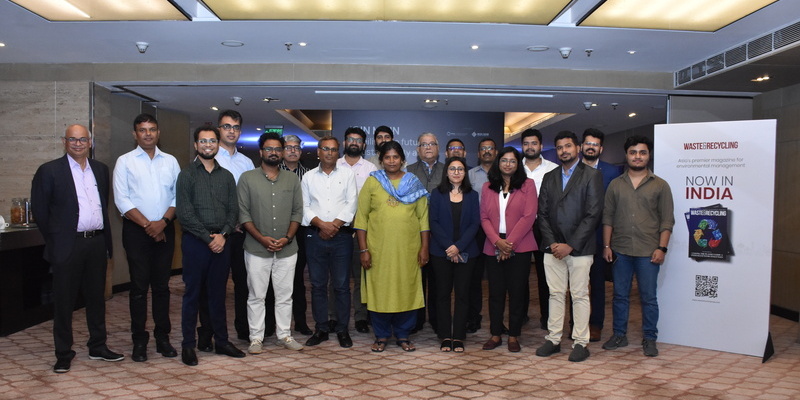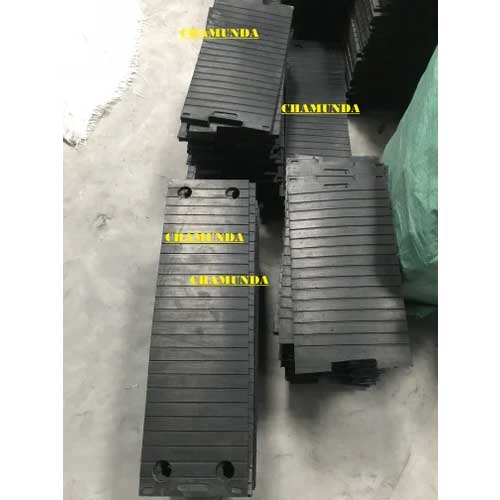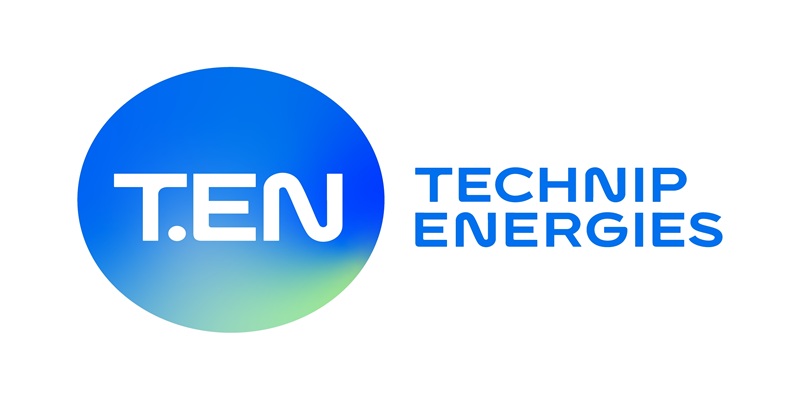Schedule a Call Back
Eminent attendees grace PRSI 2024 on plastic recycling & circular economy
 Industry News
Industry News- Jul 18,24

A prominent roundtable themed ‘Circular Economy for Plastics - Challenges and Opportunities in India’ took place on July 5 at JW Marriott Aerocity, New Delhi, marking a significant milestone for the upcoming Plastics Recycling Show India 2024, which is scheduled to take place from December 4 to 6, 2024, at NESCO in Mumbai. This roundtable gathered eminent industry leaders and committed professionals who relentlessly strive to advance plastic recycling, despite the numerous challenges posed by India's waste management ecosystem. With India's waste management market projected to grow from $13.1 billion in 2023 to $21.7 billion by 2032, exhibiting a CAGR of 6.50% during 2024 – 2032, the roundtable aimed to address critical issues and explore opportunities within this dynamic and rapidly evolving sector.
The event was graced by key speakers, including Shailendra Singh, CEO & Founder, SustainMantra; Prashanth Singh, Co-Founder and CEO, Blue Planet; Kamran Ahmed, Founder and Director, Envofix; Rajesh Pahwa, Founder & CEO, 21st Century Polymers; and Dr Arun Kumar Sharma, Founder, Ecube India 3R Waste. Additionally, prominent voices such as Punit Singhal, Director, JB Ecotex; Saurabh Goenka, Director, Pashupati Group; Paras Gupta, Director EPR & Sustainability Head, Gem Recycling; Aditya Pareek, Business Development Head, Race Eco Chain Ltd; and Yash Sharma, Director, Ganesha Ecopet, contributed valuable perspectives on innovative practices and sustainable solutions within the industry. The roundtable also featured significant contributions from Vivek Tandon, Founder, revalyu; Vaibhav Rathi, Senior Technical Advisor, GIZ India; Indumathi, Operator, Ward 150, Dry Waste Collection Centre (DWCC) in Bellandur, Bangalore; Vidya Bhooshan Singh, Plastic Waste Expert- USAID-supported inREPLACE project, IPE Global; and Manoj Gupta, Lead Sustainability, Plastics Experts. Their expertise highlighted the multifaceted approaches being implemented to tackle plastic waste challenges effectively. Moreover, the discussions were enriched by the presence of Akbar Allahbaksh, Director - Program Design, Hasiru Dala, and Deepanshi Gandherva, Senior Project Coordinator, Indian Pollution Control Association (IPCA). Their grassroots-level experiences emphasised the importance of community-driven initiatives in achieving sustainable recycling practices.
Prashanth Singh, Co-Founder and CEO, Blue Planet, said "While we've made significant strides in plastic waste management, India's enormous legacy waste problem remains a formidable challenge. At Blue Planet, we've successfully remediated over 25 plus projects across seven states, processing a substantial 1.5 million tons of waste, with the support of 62 cement plants. RDF, the most difficult and neglected waste stream, makes up 15-25% of the waste, posing a significant challenge in the waste management puzzle. However, we still face hurdles in accessing capital, decision-making, and policy standardisation. To build a sustainable future, we must embrace localised solutions, educate and raise awareness among youth, drive ESG-focused execution, foster balanced concession agreements, and cultivate risk appetite. Collectively, we can lay a solid foundation for generations to come."
Indumathi, Operator, Ward 150, Dry Waste Collection Centre (DWCC), Bellandur, Bangalore, said "As a key stakeholder in the waste management ecosystem, I can attest that the current system faces significant challenges. The lack of economic value assigned to low-value plastics and Multi-Layered Plastics (MLPs) results in their disposal, perpetuating environmental harm. Our daily collections of 75-80 kilograms of single-use plastic, valued at INR 2,000-2,400, are testament to the scale of the issue. Furthermore, the 600 kilograms of MLPs generated daily pose a significant disposal challenge. With only 20-30% of waste being managed through dry waste collection centres, leaving 70-80% unaccounted for, our current approach requires transformation. We urgently need to integrate waste pickers into the Extended Producer Responsibility (EPR) framework, providing them with capacity building, training, and technological support. By empowering waste pickers, we can unlock efficient waste management solutions and mitigate environmental harm. We call upon stakeholders to join us in driving this critical change."
Shailendra Singh, CEO and Founder, SustainMantra, highlighted, “The macro drivers for recycling are favourable, with evolving regulations and increased global attention on plastic waste. Consumers are becoming more aware of the environmental impact of plastic, creating momentum in the sector. India's recycling sector, despite favourable market conditions, is still in its nascent stage. To fully leverage its potential, the industry requires a robust circular economy framework, a unified policy approach, and strategic investments in waste management infrastructure. With an estimated value of approximately INR 15,000 crores, waste must be recognised as a valuable resource. Prioritising job creation and environmental stewardship is crucial. The sector's growth hinges on overcoming technical barriers, implementing effective Extended Producer Responsibility (EPR) systems, and developing sustainable financing models. Notably, the focus must expand beyond plastic waste to encompass the broader waste stream, including the substantial 90% of wet waste that remains unaddressed. Through collaborative efforts, we can create a more sustainable future for India, generating employment opportunities and reducing carbon emissions."
Vaibhav Rathi, Senior Technical Advisor, GIZ India, said “Plastic management is the problem, not plastic itself. Rapid urbanisation has led to a consumption surge, but lack of waste management capacity causes environmental harm. Local solutions, like hub-and-spoke recycling models, policy changes, and financial innovations, are crucial to tackle this issue. Cities must take ownership, leveraging local bylaws and knowledge of waste generation to establish recycling hubs and partner with nearby cities. While Extended Producer Responsibility (EPR) has a role, it's not the only solution. Entrepreneurs must innovate to create a sustainable, economically viable waste management system.”
The roundtable highlighted the unique allure of the plastics industry in India, given its ongoing commitment to sustainability and environmental responsibility. Progressive strides in sustainable packaging materials, recycling technologies, and advancements in biodegradable polymers are ushering in a positive transformation within the sector. This sustainability orientation aligns with global environmental objectives and offers young entrepreneurs and startups a golden opportunity to disrupt the market with cutting-edge, eco-friendly products.
Related Stories

Avro India Launches Large-scale Flexible Plastic Recycling Facility in Ghaziabad
Avro India Limited has commissioned a greenfield recycling facility in Ghaziabad to process difficult-to-recycle flexible plastics, strengthening India’s circular economy and EPR compliance ecosys..
Read more
India Advances Battery Recycling with Standards, Traceability and Eco-Design
India’s battery recycling sector is entering a decisive phase, driven by policy incentives, shifting chemistries, and rising demand for circular manufacturing to support the country’s clean ener..
Read more
Rosti Opens High-Precision Injection Moulding Plant in India
Rosti has recently inaugurated a high-precision injection moulding and contract manufacturing facility.
Read moreRelated Products

Rubber Sheets Material
Talbros Sealing Material Pvt Ltd offers a wide range of rubber sheets materi Read more

Rail Rubber Pad
Chamunda Enterprise offers a wide range of rail rubber pad.

Insulation Polyester Film
TMA International Private Limited offers a wide range of insulation polyester film.














